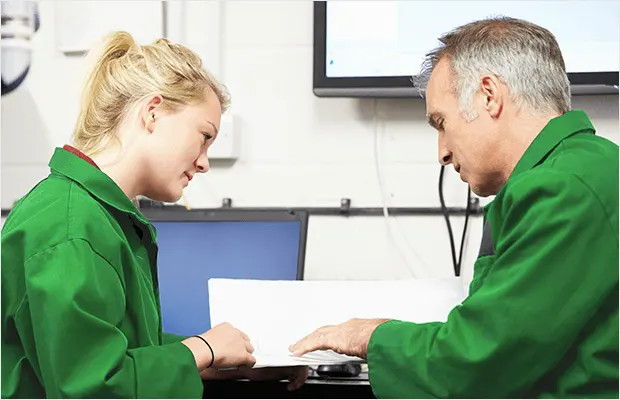Ariel are committed in our push for sustainable manufacturing. As such, there are 3 key strategies that we follow at every stage of the manufacturing process.

Restoring equipment to its optimal state, including finding energy loss and finding solutions to return the equipment to its most efficient condition.
Reapplying best in-class processes across our business.
Collaborating in multifunctional teams to deliver breakthrough technologies.
Since 2002, we have dramatically reduced our footprints in energy (18%), water footprints (19%), CO2 (15%) and waste (88%), and we aim to continue this trend as we expand and renew our operations.
Efficient Production
The first step on this sustainable journey is at our plants. Our Nenagh, Ireland plant excels in conservation efforts, with energy efficient lighting, and ultrasonic detection to find and fix compressed air leaks at the forefront. Since 2010, the site has reduced energy consumption by 12% and CO2 emissions by 16%, while disposed waste has dropped by a massive 97% and water consumption by 27%.
This is a vision mirrored across other plants, such as our Cairo plant, where water usage was reduced by 29%, and our most sustainable plant to date in Taicang, China. This was the first site to use 100% renewable electricity, through wind energy, eliminating over 5,000 metric tons of CO2 per year.
Efficient Transport
Yet that’s only part of the story. Ariel are committed to reducing truck transportation by 20% by 2020. Our distribution center in Panama has managed to lower lead times by 40%, inventory by 11%, and managed to remove 580 containers from transit. This reduced the center’s shipping by 5 million kilometers, reducing CO2 by almost 6,000 metric tons.
We have also committed to convert up to 20% of our for-hire truck loads to natural gas, cutting emissions by nearly 5,000 metric tons per year.
Ariel have also introduced the environmental sustainability supplier scorecard. This uses protocols from the World Resources Institute, among others, to improve collaboration around environmental issues and energy efficiency.
Related articles
How to keep your white clothing white
Whites have many faces – delicate, regular and special whites, but they have one thing in common: they all need to look outstanding bright in order to impress.
How to wash colour garments
Colourful garments are not only special because they are our favourites, saying everything about us by reflecting our mood and our personality. Colourful garments are special because they need special treatment. They can fade and lose colour quicker than light and dark clothes.
How to wash you and your family’s favourite things the right way
Most people are guilty of playing favourites with their garments, so when it comes to keeping them clean, there’s a lot at stake.


